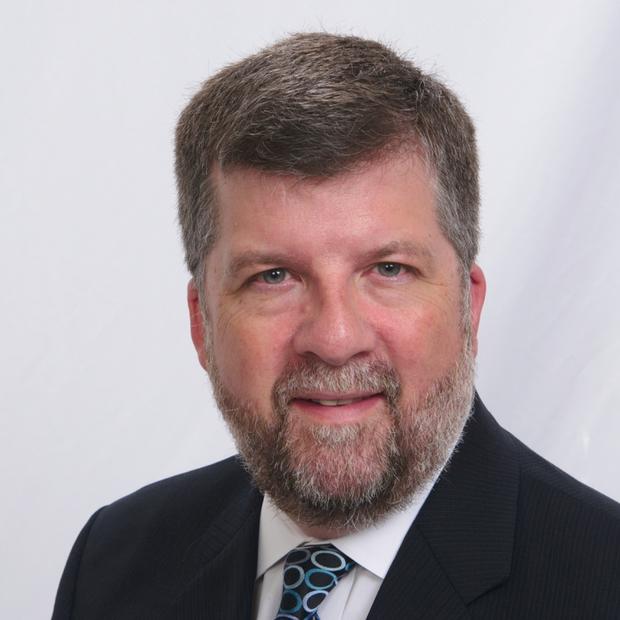Seattle mayor. It's a tough job, dogged by police reforms, a stretched budget and no end of public safety crises. And while there's mayoral criticism everywhere you look, it's not likely you'll come across much that's constructive. We'd like to change that. Over the next few months, Crosscut will be linking up with leaders across Seattle to ask them what they would do if they were elected mayor.
Michael Luis is the Mayor of Medina, Washington and author of Century 21 City: Seattle’s Fifty Year Journey from World’s Fair to World Stage.
Becoming mayor of Seattle would be quite a promotion. And since my daughter has been thoroughly unimpressed with the emoluments and perks of my current office, I might have to consider it.
If I did manage to slog successfully through an endless mayoral campaign in Seattle, the first thing I would do is . . . get out of Seattle. After all, a year or more of shrimp feeds, parades, party district meetings and doorbelling would have given me a good feel for the city. It would be time to meet some of the other 2.6 million people who make up the larger region.
This would mean more than just meeting my suburban counterparts, charming as they are. I would need to meet the folks who, for whatever reason, have chosen to live somewhere other than Seattle itself. I would start at the nerve centers of the ‘burbs — the malls. Yes, I’d stroll around Southcenter, Alderwood and Bellevue Square. Then I’d ride my bike along the Sammamish and Green River and the Interurban trails, and I’d join the parents watching soccer games at Marymoor and Fort Dent.
Listening to folks around the region, I’d be thinking hard about two things.
First, how do I keep these people coming to Seattle for ballgames and concerts, and to visit the zoo, the aquarium, the Market and the other institutions that are uniquely Seattle? Most suburban residents don’t come into Seattle for jobs or shopping anymore. So if the central city is to stay relevant, it needs to remain the region’s cultural center.
Second, I would want to learn why, as Crosscut has documented, immigrants from around the world mostly bypass Seattle and settle in the suburbs. I’d be worried that as the population north of Denny Way looks increasingly like the crowd at a Dave Matthews concert, city residents are missing out on the richness that globalization brings.
Seattle mayors have always had the luxury of being able to decide how big a regional role they want to play. But as Seattle’s share of population and employment shrink, and as economic dynamism moves away from the center, regional involvement becomes a necessity and not a choice.



